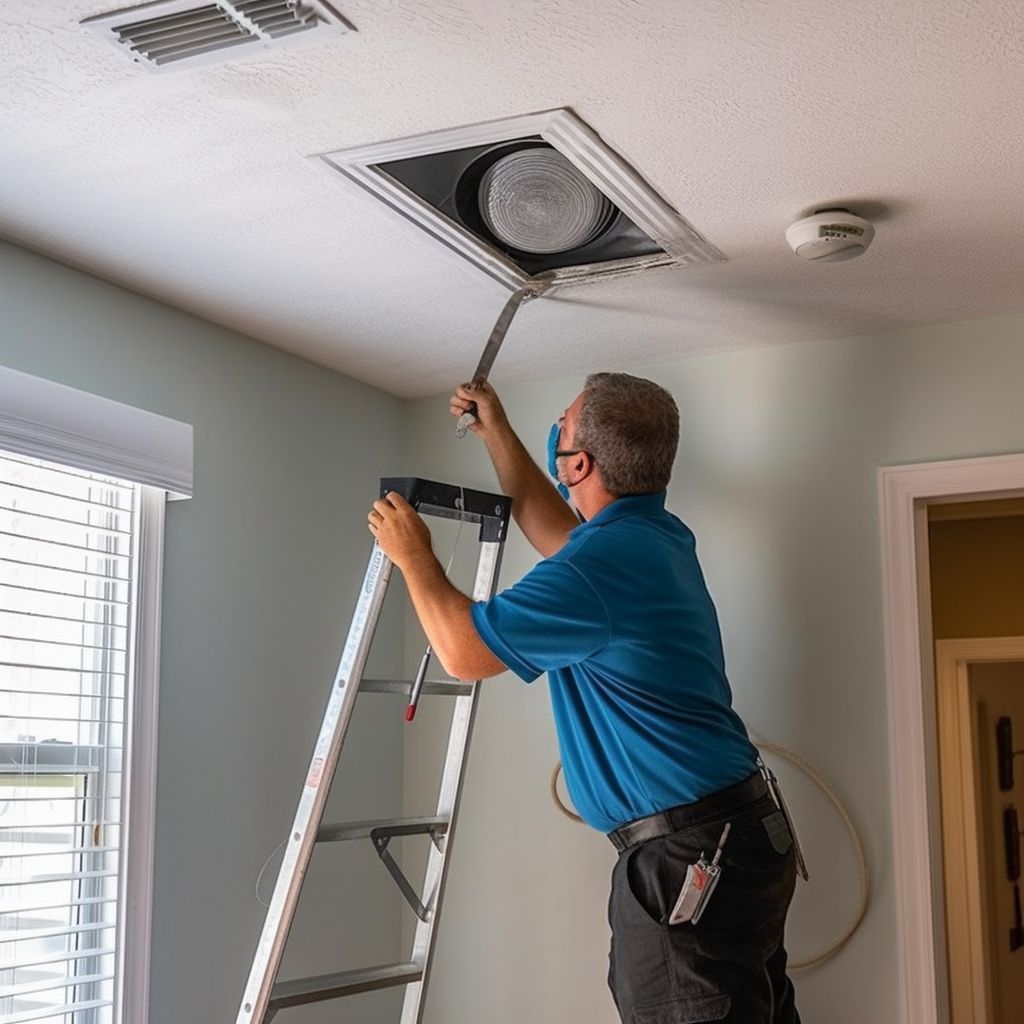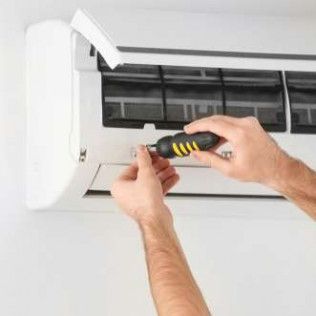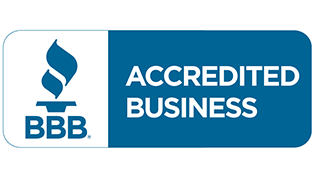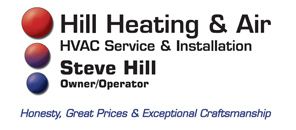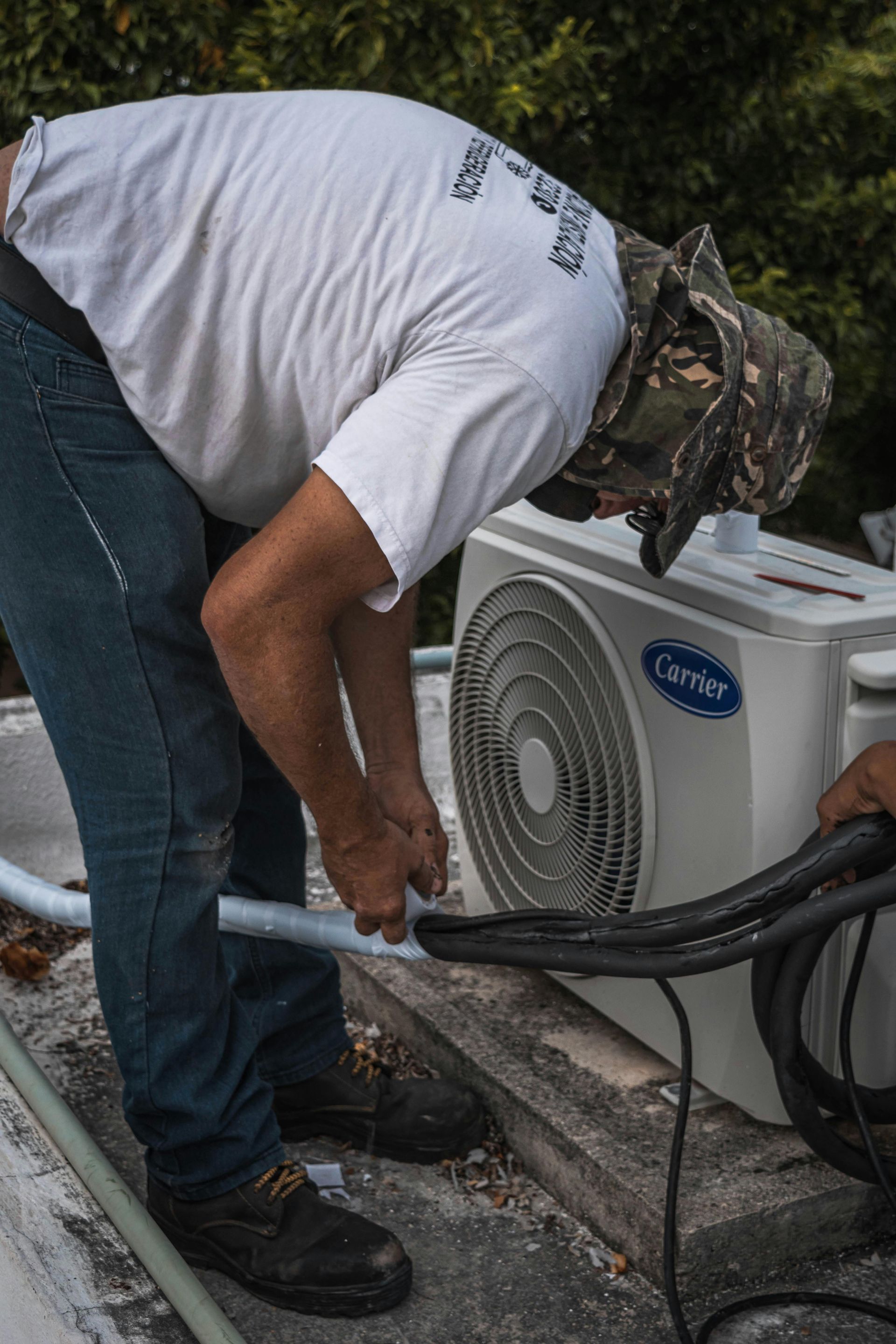
Why Choosing the Right AC Brand Matters
Picking the right air conditioner isn’t just about cooling your home. It affects energy bills, comfort, and long-term reliability. A good AC should keep you cool in the summer without driving up electricity costs. But with so many brands out there, finding the right one can feel overwhelming.
The best way to compare AC brands is to look at energy efficiency, cooling performance, durability, and brand reputation. These factors determine how well an AC will work, how much it will cost to run, and how long it will last.
If you choose the wrong brand, you might end up with high energy costs, frequent breakdowns, and expensive repairs. But with the right information, you can find an AC that fits your needs and budget. This guide will help you make a smart choice by breaking down what really matters when comparing AC brands.
The Ultimate Guide to Heating and Air Conditioning Services in Utah has more insights on how HVAC systems work if you want to dig deeper.
What to Prioritize When Choosing an AC Brand
Before comparing brands, it's important to know what you need. Not all air conditioners work the same, and what’s best for one home may not be the right choice for another. To find the best AC, start by looking at these key factors.
Climate Considerations
Your local climate plays a big role in AC performance. If you live in a hot, dry area, you need an AC that can handle extreme heat without overworking. In humid regions, a unit with strong dehumidification features is a must. For places with big temperature swings, a heat pump might be a better choice since it can cool and heat your home efficiently.
Home Size & Layout
Choosing the right size AC is critical. An undersized unit will struggle to cool your space, while an oversized one will cycle on and off too often, wasting energy. Check the manufacturer’s recommended square footage for each model to ensure a good fit. Also, consider your home’s layout—open floor plans may need a stronger unit to distribute air evenly.
Budget vs. Long-Term Savings
While cheaper ACs may seem like a good deal upfront, they often cost more in the long run. A high-efficiency unit may have a higher price tag but will save you money on energy bills over time. Compare the initial cost with the expected energy savings and maintenance costs to find the best value for your budget.
Breaking Down AC Performance: What Actually Matters?
Not all air conditioners are built the same. Some last longer, some use less energy, and some run quieter. To compare brands effectively, focus on the key features that impact efficiency, comfort, and cost.
Energy Efficiency & SEER Ratings
The Seasonal Energy Efficiency Ratio (SEER) tells you how efficiently an AC uses electricity. The higher the SEER rating, the less energy it consumes to cool your home. Look for units with a SEER rating of at least 14, but 16 or higher is even better for long-term savings. Energy Star-certified models meet strict efficiency standards and can significantly lower your power bills.
Cooling Capacity (BTU Ratings)
BTU (British Thermal Unit) measures an AC’s cooling power. The right BTU rating depends on your home’s size. A unit that’s too small won’t cool effectively, while one that’s too large will waste energy. Here’s a general guide:
- Up to 300 sq. ft. – 5,000 to 7,000 BTUs
- 300 to 500 sq. ft. – 8,000 to 12,000 BTUs
- 500 to 1,000 sq. ft. – 14,000 to 18,000 BTUs
- Over 1,000 sq. ft. – 20,000+ BTUs
Compressor Type (Fixed vs. Inverter vs. Variable-Speed)
The compressor is the heart of your AC. It controls how the unit cools your space.
- Fixed-speed compressors run at full power until the room reaches the desired temperature, then shut off. This uses more energy.
- Inverter compressors adjust speed based on cooling needs, making them more efficient and quieter.
- Variable-speed compressors offer the best efficiency by fine-tuning cooling in real-time. These are ideal for extreme climates or high energy savings.
Noise Levels & Smart Features
If you want a quiet home, look for ACs with a noise level under 60 decibels (dB). Some premium brands design units as quiet as 40 dB, about as loud as a library.
Smart features like Wi-Fi connectivity, programmable thermostats, and voice control can also improve convenience and energy management. Brands offering these features allow you to control your AC remotely, helping you save on cooling costs.
Comparing the Top AC Brands: Performance & Reliability
Now that you know what to look for, it's time to compare which AC brands deliver the best performance, efficiency, and reliability. Not all brands are created equal, and some stand out for energy savings, durability, or affordability.
Best ACs for Energy Efficiency
If you want to cut down on power bills, brands with high SEER ratings and Energy Star certification are the way to go. Some of the most energy-efficient brands include:
- Trane – Offers SEER ratings up to 22 and advanced variable-speed technology.
- Lennox – Known for its ultra-high-efficiency models, with SEER ratings up to 28.
- Carrier – A leader in energy-saving designs with reliable inverter compressors.
Most Reliable Brands
Reliability is key if you want an AC that lasts 15 to 20 years with minimal repairs. These brands consistently rank high in durability:
- Trane – Built with high-quality materials, known for lasting longer than competitors.
- American Standard – Offers excellent warranties and a reputation for fewer breakdowns.
- Rheem – A solid choice for long-lasting performance at a fair price.
Best for Cost-Conscious Buyers
Not everyone needs the highest-end AC. If you want good performance at an affordable price, these brands offer quality units at competitive costs:
- Goodman – Reliable and budget-friendly with solid warranties.
- Amana – Offers good efficiency without breaking the bank.
- York – Provides decent SEER ratings at a lower cost than premium brands.
Which Brands Handle Utah’s Climate Best?
Utah has hot summers and cold winters, so a system that can handle both extremes is ideal.
- Heat Pumps: Brands like Lennox, Trane, and Carrier offer heat pumps that work efficiently year-round.
- High SEER Units: If you want maximum summer cooling without high energy bills, Lennox and Carrier are great choices.
- Durable Compressors: Utah’s temperature swings require strong compressor technology—Trane and American Standard excel here.
The Importance of Installation & Maintenance in AC Performance
Even the best AC brand won’t perform well if it’s installed incorrectly or not maintained properly. A poor installation can lead to higher energy bills, uneven cooling, and frequent breakdowns. Before buying an AC, consider the role that professional installation and regular maintenance play in keeping it running efficiently.
Why Installation Impacts AC Efficiency
A properly installed AC ensures optimal airflow, correct refrigerant levels, and efficient cooling. If an AC is installed incorrectly, you might face:
- Air leaks that cause uneven cooling and energy waste.
- Improper sizing leading to short cycling (turning on and off too often), which wears out the unit faster.
- Higher power bills due to an overworked system.
To avoid these issues, always hire licensed HVAC professionals who follow manufacturer guidelines for installation.
Long-Term Maintenance & Repairs
Regular maintenance helps extend the lifespan of your AC and prevent expensive repairs. Here’s what you should do:
- Change air filters every 1-3 months to keep airflow strong and air quality high.
- Schedule annual tune-ups to check for refrigerant leaks, coil cleaning, and electrical issues.
- Clean outdoor units to prevent dirt and debris from blocking airflow.
When to Repair vs. When to Replace
At some point, repairs may no longer be worth the cost. Here’s when to consider replacing your AC:
- Your AC is over 10-15 years old and needs frequent repairs.
- Energy bills keep increasing, even with maintenance.
- The repair cost is more than half the price of a new unit.
Upgrading to a modern, high-efficiency AC can lower energy costs and improve home comfort.
Choosing the Right AC for Your Home
Choosing the right AC brand is a big decision, but it doesn’t have to be overwhelming. By focusing on energy efficiency, reliability, and proper installation, you can ensure long-term comfort and savings. Whether you need a high-efficiency system, a budget-friendly option, or a unit built for durability, the key is to find the best fit for your home and climate.
For expert guidance and top-tier HVAC services in South Jordan and Salt Lake City, trust Hill Heating and Air. Led by Steve Hill, we specialize in AC installation, repair, maintenance, and heating services, ensuring your home stays comfortable year-round. From quick repairs to full system replacements, our team delivers fast, reliable solutions tailored to your needs. Serving Provo to Ogden, UT, we are committed to quality workmanship and customer satisfaction.
Don’t settle for an inefficient HVAC system—get the expert care your home deserves. Contact Hill Heating and Air today for professional AC and heating services you can count on!
Contact Us
Contact Us
We will get back to you as soon as possible.
Please try again later.
HILL HEATING & AIR, LLC
South Jordan, UT 84095
CALL US
Phone: (801) 860-0655
HOURS | 24/7 AFTER HOURS AND WEEKENDS
- Mon - Fri
- -
- Sat - Sun
- Closed
HILL HEATING & AIR, LLC
Salt lake city , UT 84130 United States of America
CALL US
Phone: (801) 860-0655
HOURS | 24/7 AFTER HOURS AND WEEKENDS
- Mon - Fri
- -
- Sat - Sun
- Closed
Copyright © 2023 Hill Heating & Air, LLC, all rights reserved.

